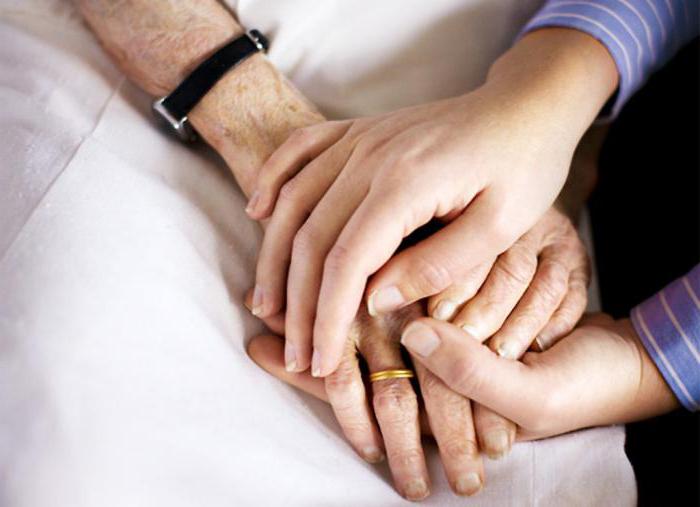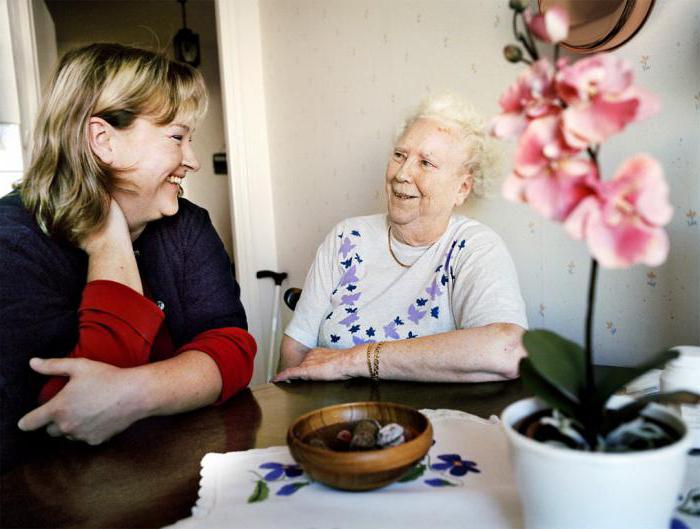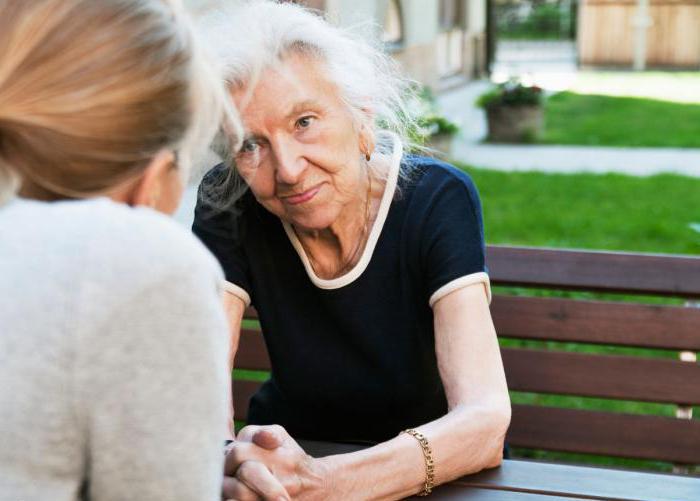The state helps incapacitated or slightly incapacitated individuals to exercise their social duties and rights, as well as to educate minor citizens through guardianship and trusteeship. The activities of these bodies are regulated by law. The article will help to understand the issue of possible patronage of capable citizens and the procedure for its implementation.
Why is custody necessary in the state?
Guardianship is established for the care of young children or persons who, due to mental disorders, have been declared incompetent by the court.
People involved in guardianship perform all the necessary actions in social life for their wards. They make all transactions, and also, if necessary, act on behalf of the ward in court.
Since children from 6 to 14 years old are considered to be of limited legal capacity, it can be said that guardians act in the interests of not only incapable citizens, but also capable ones.
And what is guardianship?
Unlike guardianship, guardianship is aimed at caring for partially capable citizens (children from 14 to 18 years old), about people who need help as a result of loss of health, and about the elderly.
The trustee does not fully perform all the duties for his ward, but only helps him with this with his advice and services.
If a minor or a person with limited legal capacity cannot independently carry out any transactions, then they are made only with the consent of the trustee.
What does the word patronage mean?
The patronage of capable citizens is the constant provision of assistance and the exercise of their rights in connection with the difficult physical condition of these people. This can be expressed in advanced age or severe illness.
Patronage for these citizens is established regardless of whether these people have children or relatives.
What is the difference between guardianship and guardianship over adults?
Ward people are citizens who have been declared legally incompetent by a court decision.
Guardians are legally capable citizens. They are appointed by bodies dealing with issues in the field of guardianship and trusteeship, in order to resolve vital issues of incapable ward persons and so that guardians act on their behalf in resolving legal issues.
Under guardianship are adult citizens of legal capacity. Patronage over them is carried out by their assistants (trustees). People under patronage, due to their state of health or age, cannot perform all their duties
Guardianship authorities - who are they?
In some municipalities, the authority to organize the care of citizens is vested in local governments. But in most cases, state departments are involved in this business, which work closely with the administrations of rural settlements and districts, institutions, organizations and enterprises that are municipal, as well as with federal bodies.
The main tasks of the guardianship and guardianship
The activities of these organizations are aimed at caring for segments of the population that are not able to fully resolve their personal and property interests, falling into the categories of incompetent or competent.The duties of these bodies include the assignment of guardians to citizens who cannot understand their actions, and the establishment of patronage over adult capable citizens.
Functions of bodies protecting the rights of citizens who cannot fulfill their civil duties
- Identification of persons in need of guardianship and trusteeship.
- Patronage of capable citizens.
- Appeal to the judiciary to recognize a person as incompetent or, conversely, to restore his legal capacity.
- Maintaining strict control over the work of guardians assigned to legally incompetent citizens.
- Carrying out close monitoring of the activities of institutions where persons with limited legal capacity or incapacity were placed.
- The establishment of patronage over capable citizens who are unable to independently cope with their duties. It is concluded on the basis of a contract of commission or a contract for the management of human property.
- Identification of violations in the activities of assistants or guardians and their subsequent removal from their duties.
- Search for new trustees or guardians in place of those who voluntarily refused to continue working with their wards.
- Granting permits for transactions of guardians or assistants with the property of their wards or wards. For example, the alienation of property in which family members of a ward citizen live.
- Representation of the interests of citizens in the judiciary in relation to any third parties, as well as to their guardians and trustees, who did not fully or adequately represent their interests.
- If a person under guardianship or patronage moves to a new place of residence, then local authorities transfer all necessary information to those bodies that will now deal with this citizen.
- Consideration of citizens' complaints and preparation of answers to them.
- Control over the actions of the assistant, carrying out patronage of competent citizens, and reporting to the ward about his illegal actions.
- Speech by legal representatives of legally incompetent citizens (if there are no relatives) when applying coercive medical measures established by the court.

Procedure for the appointment of patronage
A citizen who has reached eighteen years of age or more shall submit an application to the guardianship authorities located at the place of his actual residence or stay. The application requires a package of documents:
- Passport of a citizen who applied for help to social protection authorities.
- The conclusion of a medical organization that a person really has a disease that affects the restriction of his civil rights.
- Documents on the available property of the applicant who has come of age as a competent citizen.
- Consent of relatives to patronage.
In the application you can indicate the person whom you would like to see in the place of assistant in the patronage of the patient. If such a citizen is not indicated, then the guardianship authorities will select him on their own, based on his personal qualities and skills in assisting wards in need.
In turn, the trustee also collects a package of documents:
- Application for consent to patronage.
- Passport.
- A certificate from the main place of work or study, which briefly describes the nature of the assistant. On its basis, experts of guardianship authorities conclude whether a given citizen can be appointed a trustee.
- A certificate that certifies that the assistant is healthy and can begin his duties.
Next steps
Specialists travel to the place of residence of a citizen in need of assistance and draw up an act on housing conditions.
All applications for patronage are recorded in a special journal, which keeps records of persons in need of guardianship.
The decision on the appointment of patronage is taken no later than a month after the submission of the relevant application.
If the applicant is refused, then he will receive this notice within 10 days.
How is the work of the trustee paid?
Russian legislation does not provide for the payment for the work of assistants, but there are still certain payments and benefits that they receive.
- Compensation to citizens who are not officially employed.
- The contract of patronage may specify the amount of remuneration.
- The insurance period of the assistant is replenished.
If the care is framed with all the relevant requirements, and the ward is an elderly person, then you can contact the Pension Fund department with a statement on receipt of payments for providing assistance to him.
How do they manage the property of patronage wards?
The assistant reports to the social security authorities about all actions performed with the monetary and material values of his ward.
If it is necessary to complete a property transaction, then all actions are coordinated with the guardianship authorities, relatives of the ward and himself.
The trustee has the right to make transactions regarding property on behalf of his ward, but he cannot be an heir.
In what cases does the patronage of an adult capable citizen stop?
A citizen who looked after and helped his ward may refuse to fulfill his duties for the following reasons:
- In connection with an unforeseen illness.
- Disruption of contact, misunderstanding and psycho-emotional incompatibility with the ward.
- Transfer of a ward to a permanent place of residence in a specialized social institution.

The patronage established over an adult capable citizen is terminated in case of loss of trust in the trustee by the social protection authorities. The assistant could leave his ward without proper care and help, or abused his duties.
The complete cessation of patronage occurs either when the ward refuses to provide these services, or as a result of his death.